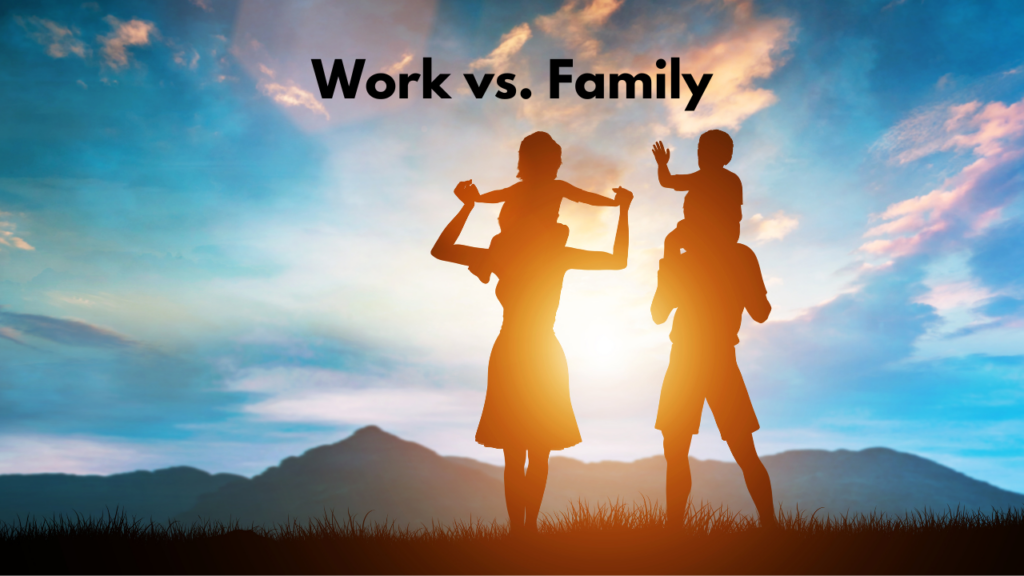A New Era of Workplace Wellness: Key to a Thriving Workplace

Natasha Phillips
Managing Director & Co-Founder of Luke Coutinho Holistic Healing Systems (LCHHS)
The workplace has evolved, but one reality hasn’t changed—burnout is at an all-time high. Long hours, constant pressure, and a lack of real recovery are leaving employees exhausted, disengaged, and struggling to keep up.
The conversation around work-life balance is often reduced to extremes. On one side, hustle culture glorifies overwork; on the other, disengagement is labeled as the only alternative. But it’s not about choosing between work and well-being—it’s about redesigning the way we work so that health and performance go hand in hand. If organizations want to build high-impact teams, they must start prioritizing the foundation of productivity: a thriving, healthy workforce.
Leading a team of integrative and lifestyle medicine experts, I’ve had the privilege of observing the health journeys of professionals across industries—and one pattern is hard to ignore: long work hours don’t translate to better performance. What we’re seeing instead is a rise in chronic stress, fatigue, and preventable lifestyle-related conditions. The equation is simple; more hours often lead to more burnout, not more impact. If we want our workplaces to thrive, well-being can’t be treated as an afterthought. It must be built into the foundation of how we lead, work, and grow.
The Illusion of Productivity: Why More Hours Don’t Mean More Output
The recent debate around the 90-hour workweek has brought hustle culture back into the spotlight. But let’s be honest—does working longer hours really translate to better results? Or are we just exhausting ourselves in the name of productivity?
In our experience, we’ve seen how long hours and chronic stress don’t just wear people down—they erode their health, focus, and performance. Science backs this up. Studies by the World Health Organization (WHO) and the International Labour Organization (ILO) show that working 55 hours or more per week significantly increases the risk of heart disease and stroke. Sleep deprivation from overworking leads to brain fog, poor decision-making, and emotional instability. And when employees are running on empty, creativity drops, engagement fades, and burnout takes over.
The best workplaces aren’t the ones that demand more hours; they’re the ones that focus on efficiency, well-being, and creating an environment where people can actually perform at their best. Productivity isn’t about how long you work—it’s about how well you work.
When we talk about workplace well-being, burnout gets most of the attention. But the real crisis runs deeper. Night shifts, poor nutrition, and sedentary lifestyles are silently damaging employees’ health, and many companies are still overlooking the impact.
The Future of Work: Well-Being as a Non-Negotiable
Companies that prioritize employee well-being aren’t just reducing sick days—they’re cultivating stronger, more engaged teams.
At its core, workplace wellness isn’t a nice-to-have; it’s a necessity which starts with six fundamental pillars:
- Nutrition – Swap ultra-processed vending machine snacks for real, nourishing food.
- Movement – Encourage walking meetings, standing desks, and structured breaks to combat sedentary risks.
- Sleep & Recovery – Stop glorifying overwork; a well-rested mind outperforms an exhausted one.
- Emotional Well-being – Make mental health support, mindfulness programs, and stress management a priority.
- Purpose & Growth – When employees find meaning in their work, engagement and retention improve.
- Work-Life Integration – Productivity isn’t about rigid rules; flexibility and autonomy drive better results.
For real change to happen, wellness can’t be just another HR initiative. It has to be woven into the company’s culture, and championed by leadership at every level.
Rethinking Success: What Companies Must Do Now
The businesses that thrive in the future will be the ones that prioritize human well-being over outdated work models.
- The old way: Long hours, rigid policies, and burnout worn like a badge of honor.
- The new way: Flexible work structures, measuring impact over hours, and ensuring well-being fuels performance—not the other way around.
Success is no longer just about profit margins; it’s about building workplaces where employees are engaged, motivated, and supported. Organizations that fail to adapt will find themselves struggling—not just to attract talent, but to keep them.
The New Standard for Workplaces
The future of work isn’t about pushing harder; it’s about working smarter in environments that support both performance and health.
Workplace wellness is no longer just an HR initiative—it’s a business imperative for sustainable success.
The real question isn’t whether well-being belongs in the workplace. It’s whether companies can afford to ignore it any longer.



